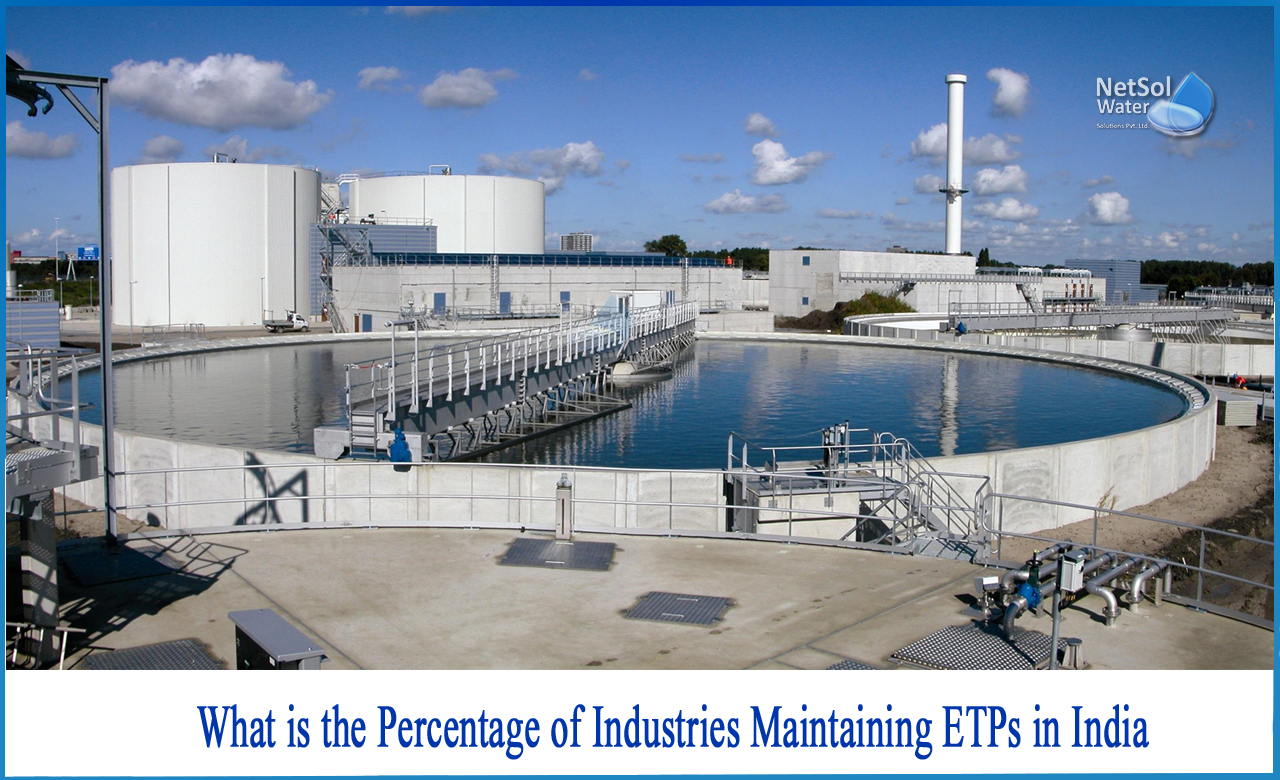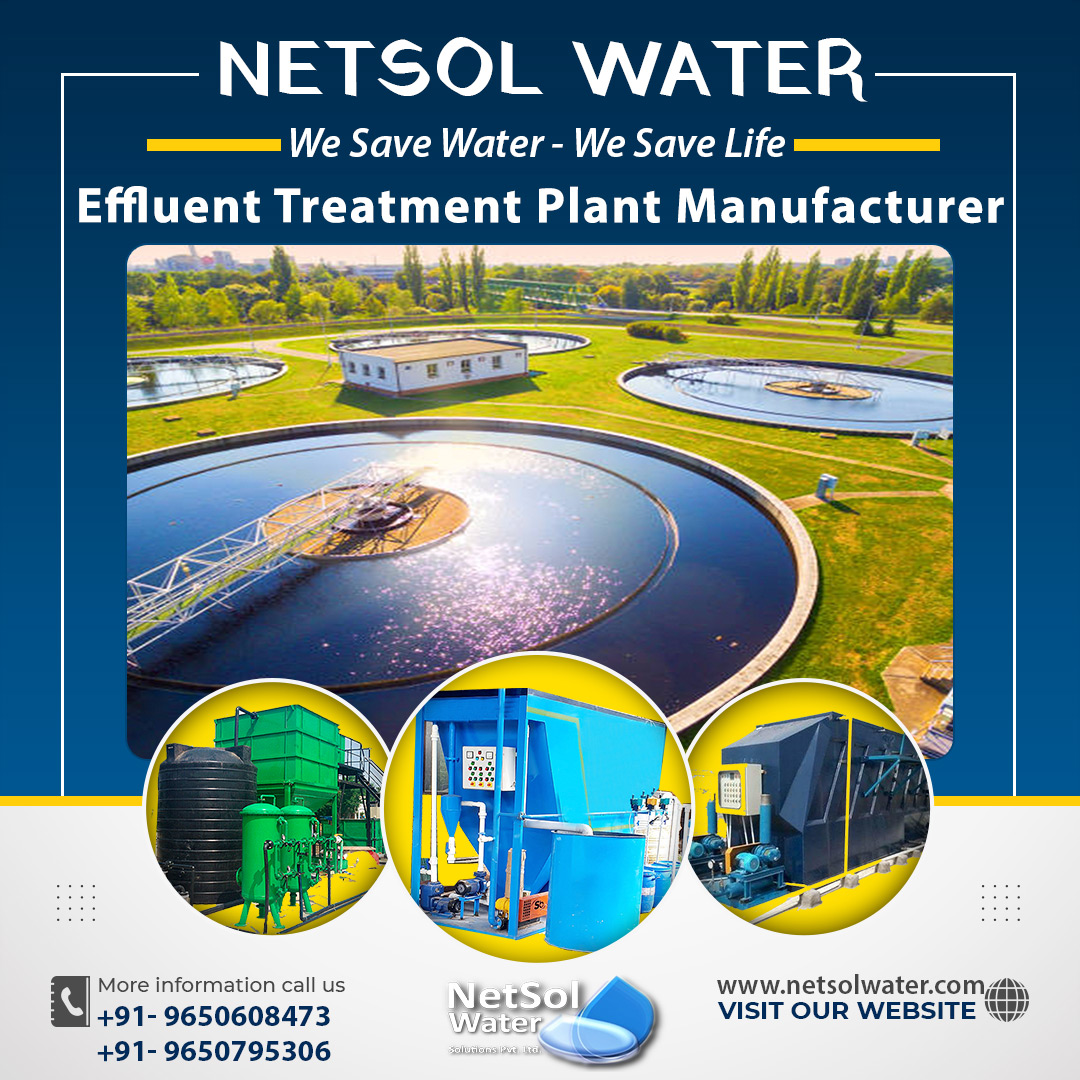What is the percentage of industries maintaining ETPs in India?
Water is the most important natural resource. Water is used in a variety of applications, from household to industrial essentials. After using these natural resources, industrial water is polluted. As a result, it is necessary to introduce a wastewater treatment plant or effluent treatment plant (ETP).
ETP is mainly used in industries such as textile industry, pharmaceutical industry, leather industry and chemical industry. Whenever there is a risk of extreme water pollution, these treatments apply, depending on the many aspects or characteristics of the wastewater and the available space or location of the facility.
Such effluent treatment plants ensure that industrial pollution and contaminated water are treated and reused before they are naturally discharged. Without this treatment, humans would not have access to clean household water for household chores.
ETP includes a wastewater treatment process for treating pollutants in the form of organics, inorganics, heavy metals, fats and suspended solids. The method used for ETP is either a batch process or a continuous flow process.
Data of ETP compliance by industries
The May 2020 document of CPCB said that as in line with statistics acquired from State Pollution Control Boards and pollution control committees, out of overall 65,135 ranges of industries requiring ETPs, 63,108 industries are running with useful ETPs and 2,027 industries are running without ETPs.
Show cause notices and closure instructions were issued to 968 and 881 industries, respectively for running without ETPs. Legal instances were filed in opposition to 7 industries. Out of 63,108 operational industries, 61,346 industries are complying with environmental requirements and 1,616 industries are non-compliant.
The NGT had directed all of the states/union territories (UT) to make certain system and execution of plans for sewage remedy and to deal with sewage effluent for every city, town and village.
As in line with the statistics acquired from SPCBs/PCCs:
1. Out of overall 64,484 range of industries requiring ETPs, 62,653 industries are running with useful ETPs and 1,831 industries are running without ETPs.
2. 61,530 industries are complying with environmental requirements and 1,123 industries are noncompliant.
3. There are overall 191 CETPs, out of which 129 CETPs are complying with environmental requirements and sixty two CETPs are non-complying.
4. There are overall 15,730 STPs (consisting of municipal and aside from municipal (non-municipal/stand-alone) STPs), out of which, 15,200 STPs are complying with environmental requirements and 530 STPs are non-complying.
5. There are eighty four CETPs in construction/concept stage, while, for STPs, 1,081 projects (municipal and non-municipal) are below construction/concept stage.
Thus, here we can see that almost 90% of Indian industries are complying with Environment regulation laws.
Contact water treatment experts at Netsol Water Solutions for further details.




